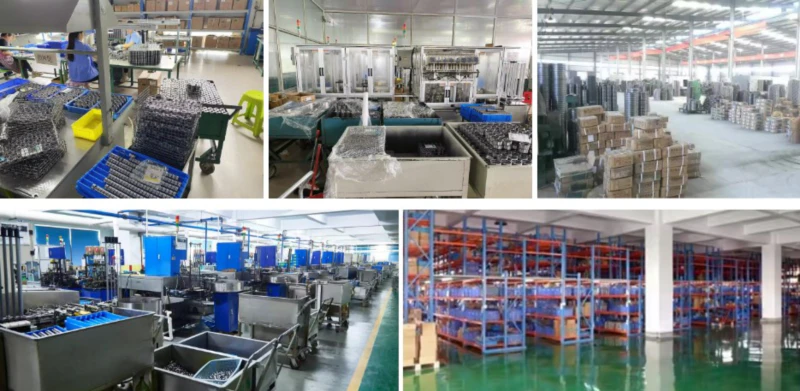Track Bearings Bearing Failure Reporting
Introduction
Track bearings are critical components in various industrial applications, providing support and guidance for rotating machinery. However, like any mechanical component, track bearings are susceptible to failure over time. In this article, we will explore the common causes of track bearing failure and discuss the importance of timely reporting to ensure optimal equipment performance.
1. Insufficient Lubrication
One of the primary reasons for track bearing failure is insufficient lubrication. Inadequate lubrication can lead to increased friction and heat buildup, causing premature wear and damage to the bearing surfaces. To prevent this, it is crucial to regularly monitor lubrication levels and ensure proper lubricant selection based on the application requirements.
2. Contamination
Contamination is another significant factor contributing to track bearing failure. Foreign particles, such as dust, dirt, or debris, can infiltrate the bearing assembly, impairing its smooth operation. Regular cleaning and implementing effective sealing mechanisms can minimize the risk of contamination and extend the lifespan of track bearings.
3. Misalignment
Misalignment occurs when the track bearings are not properly aligned with the mating components. This can result in uneven weight distribution, increased stress on the bearing surfaces, and eventual failure. Regular alignment checks and adjustments are necessary to ensure optimal performance and prevent premature track bearing failure.
4. Overloading
Excessive load on track bearings can lead to overloading, causing increased stress and accelerated wear. It is crucial to understand the load capacity of the track bearings and ensure that the application operates within the recommended limits. Implementing load monitoring systems can help identify potential overloading situations and prevent bearing failure.
5. Improper Installation
Improper installation practices can significantly impact the performance and lifespan of track bearings. Incorrect handling, inadequate preload, or improper fitting can introduce stress concentrations and misalignment, leading to premature failure. Following manufacturer guidelines and utilizing proper installation techniques are essential to avoid these issues.
6. Fatigue Failure
Fatigue failure occurs when track bearings are subjected to repeated cyclic loading, causing cumulative damage over time. Factors such as inadequate maintenance, excessive operating speeds, or inadequate bearing design can contribute to fatigue failure. Regular inspection, maintenance, and utilizing high-quality track bearings can mitigate the risk of fatigue-induced failures.
Conclusion
Timely reporting of track bearing failures is crucial for maintaining optimal equipment performance and preventing costly downtime. By understanding the common causes of track bearing failure, implementing preventive measures, and monitoring their condition, industries can enhance reliability and prolong the lifespan of their machinery.

About Our Company
Our company is a leading player in the Chinese reducer market, offering a wide range of high-quality products. Our product lineup includes servo reducers, plastic gearboxes, gear motors, worm gearboxes, worm wheels, and worm reducers. With state-of-the-art automated CNC production equipment and assembly systems, we ensure exceptional precision and reliability in our products.
We take pride in offering superior products, competitive prices, and impeccable customer service. Our dedication to customization allows customers to provide their specific requirements, ensuring complete satisfaction. Choose our company for reliable solutions and unparalleled support for all your track bearing needs.

Author: Czh